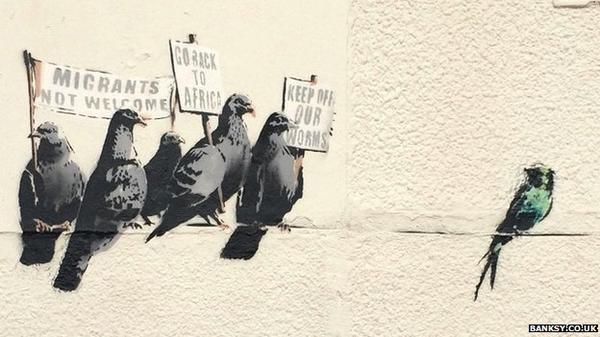The total capacity for legal advice on immigration work in London could run to just 10,000 legally aided cases plus a further 4,000 individual pieces of case work a year compared to demand running to ‘the hundreds of thousands’, according to a new study recording the ‘gulf’ between supply of and demand’ for immigration advice in the capital. Most non-asylum immigration work was removed from the scope of legal aid following the cuts under Legal Aid, Sentencing and Punishment of Offenders (LASPO) Act 2012.
Co-authors Jo Wilding, Maureen Mguni and Travis Van Isacker point out that the legal not-for-profit advice sector has ‘been reduced by austerity and consequent local authority funding cuts’ and immigration law has become ‘more complex’. The report highlights ‘infrastructure challenges’ facing the sector including ‘a lack of trained advisors and a recruitment crisis’. ‘These changes have transformed the landscape of both demand for and supply of immigration advice,’ they argue. The study follows barrister Jo Wilding’s research on the supply side of the market for immigration and asylum legal aid services – see here.
London has four out of 10 of the number of offices holding legal aid contracts in England and Wales, and more than half of the offices which are registered with the Office of the Immigration Services Commissioner (OISC) to offer non-fee charging services at the highest level of advice and casework. It is a criminal offence to provide immigration advice unless an adviser is either OISC accredited or else appropriately legally qualified.
For legal aid work, this research concludes that there is capacity for just over 10,000 immigration and asylum ‘matters’ per year plus 700 higher court matters, including judicial reviews and appeals to the Court of Appeal or higher. For OISC level 3 work, the most complex casework and which is outside the scope of legal aid, total capacity is estimated at around 2,000-2,500 pieces of casework per year; and just 2,000 pieces for level 2
of non-charging casework per year. The report puts the total capacity for casework in London at ‘no more than 4,000-4,500 pieces.’ They add: ‘This compares with demand estimates in the hundreds of thousands.’
The authors note that London has a larger undocumented population than other parts of the UK. ‘This may make it easier to disappear into communities there than elsewhere,’ they write. ‘This results in high demand from people whose cases are complex and those entering the advice network at crisis point.’ The capital also has ‘a larger and more complex advice network’ than other parts of the country. ‘This is largely positive but means that some organisations get “lost” in the network and do not have effective referral pathways, while users face a bewildering array of organisations and little guidance as to which will be able to help them,’ they continue. People and organisations outside of London ‘in the surrounding advice desert areas’ also depend on this network which has ‘no spare capacity’ which results in some people in London looking for help.
‘Many people enter the advice network as a result of some kind of crisis, often around health, homelessness, violence or job loss,’ they write. ‘When they are unable to access or engage with the advice they need, some return to exploitative or dangerous situations. It is therefore important to increase the crisis capacity.’ Equally, they argue it is important to understand how to address underlying issues before crises happen and to make early advice available.
The authors estimate per year:
- 4,300 first-time adult asylum applicants per year;
- 1,235 unaccompanied children seeking asylum;
- 800 recognised refugees in need of settlement and travel documents;
- ‘hundreds of people’ eligible to apply for refugee family reunion;
- 2,276 victims of trafficking or modern slavery;
- 397,000 people who are undocumented;
- 23,000 individuals in around 18,500 households needing to extend their leave in the year from 1 July 2021;
- 600 people per year needing to apply under the domestic violence provisions, usually involving two separate applications;
- up to 1,702 people at any given time in immigration detention in the detention centres in and around London;
- 1,777 non-UK nationals in prison in London, and an unknown number of people who are neither in prison nor detention but continue to face deportation proceedings;
- an unknown number of EU nationals who have not yet applied under the EU Settlement Scheme (EUSS) which has a deadline of 30 June 2021







